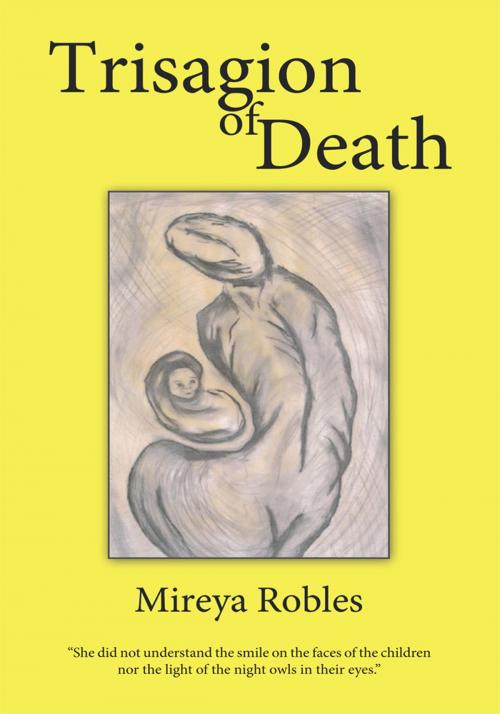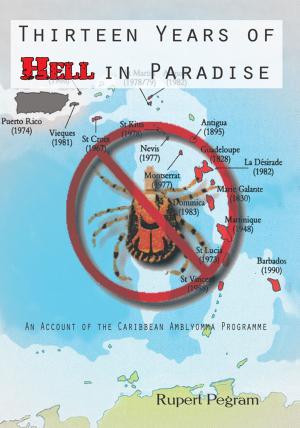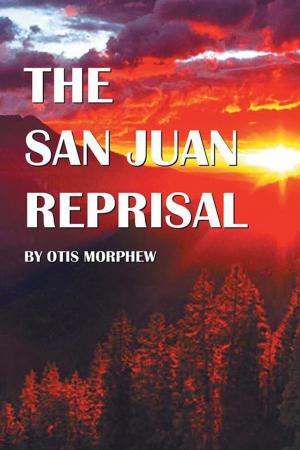| Author: | Mireya Robles | ISBN: | 9781466937635 |
| Publisher: | Trafford Publishing | Publication: | January 21, 2010 |
| Imprint: | Trafford Publishing | Language: | English |
| Author: | Mireya Robles |
| ISBN: | 9781466937635 |
| Publisher: | Trafford Publishing |
| Publication: | January 21, 2010 |
| Imprint: | Trafford Publishing |
| Language: | English |
Solitude, alienation, rejection, separation, such are some of the words that come to mind upon reading Trisagion of Death, an anthology of stories by Mireya Robles. The author delves into the hearts of one anti-hero after another, of beings who keenly feel the absurdity of life and whose existence is poisoned by their isolation from others. Whether their exclusion is caused by exile, by their nonconformity to social standards or by the loss of love, they are strangers in a strange land, a land peopled by phantasmagoric figures whose grotesque gestures they do not comprehend. The settings of these stories are oneiric and they show desolate landscapes of ice or stone, dilapidated houses or sad cafs which intensify the feeling of loss and alienation. Generally, the heroes seem resigned to their fate. Yet, occasionally, appears a will to resist or to overcome the tedium: one of the heroes discovers a herculean strength in himself, another cynically protests against the routine imposed upon him and in one of the stories a child discovers the magic of life. With her terse style and striking images, Mireya Robles expresses all the complexity and the painfulness of the human condition.
Anna Diegel
Translator and Literary Critic
Solitude, alienation, rejection, separation, such are some of the words that come to mind upon reading Trisagion of Death, an anthology of stories by Mireya Robles. The author delves into the hearts of one anti-hero after another, of beings who keenly feel the absurdity of life and whose existence is poisoned by their isolation from others. Whether their exclusion is caused by exile, by their nonconformity to social standards or by the loss of love, they are strangers in a strange land, a land peopled by phantasmagoric figures whose grotesque gestures they do not comprehend. The settings of these stories are oneiric and they show desolate landscapes of ice or stone, dilapidated houses or sad cafs which intensify the feeling of loss and alienation. Generally, the heroes seem resigned to their fate. Yet, occasionally, appears a will to resist or to overcome the tedium: one of the heroes discovers a herculean strength in himself, another cynically protests against the routine imposed upon him and in one of the stories a child discovers the magic of life. With her terse style and striking images, Mireya Robles expresses all the complexity and the painfulness of the human condition.
Anna Diegel
Translator and Literary Critic















